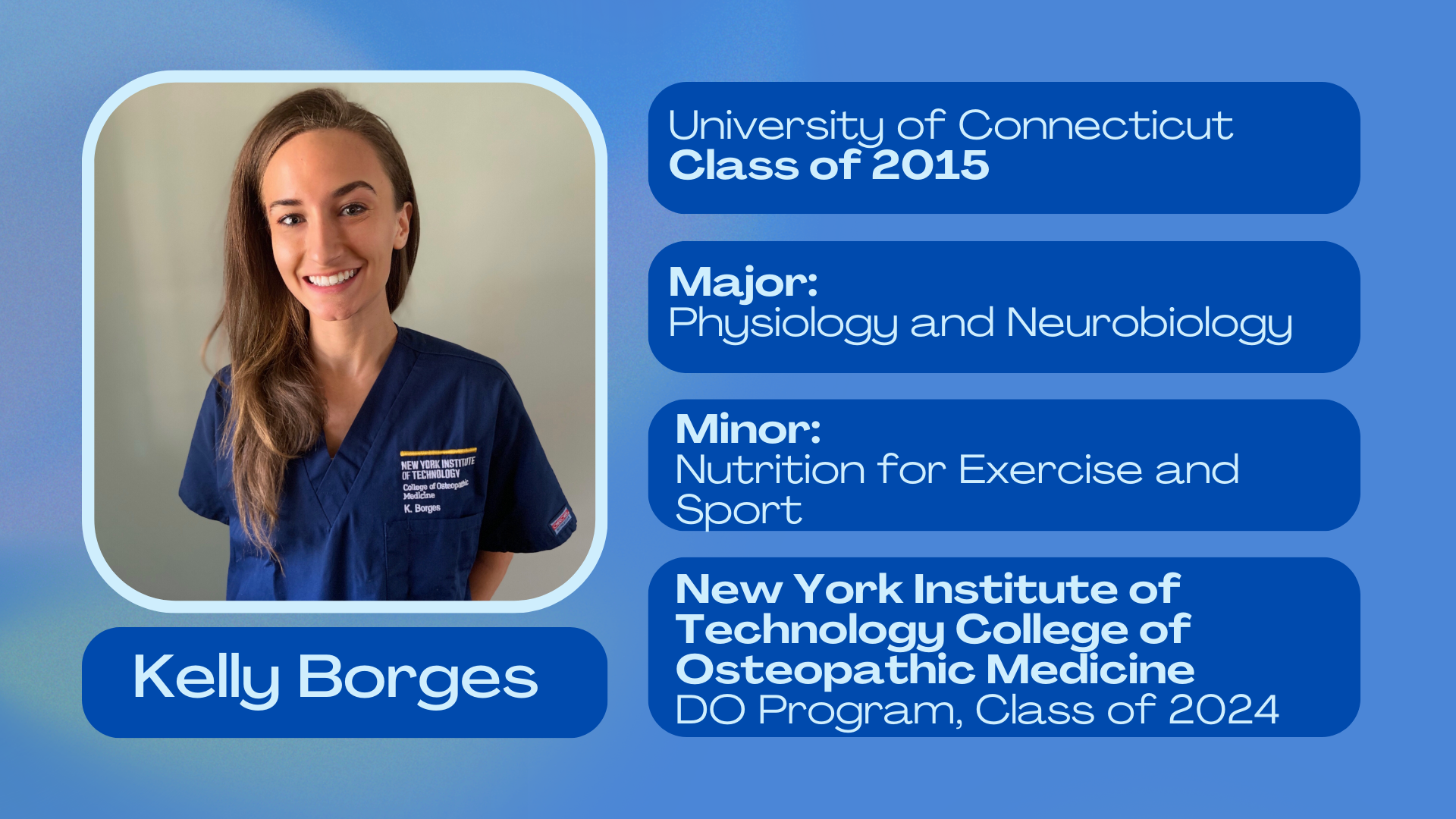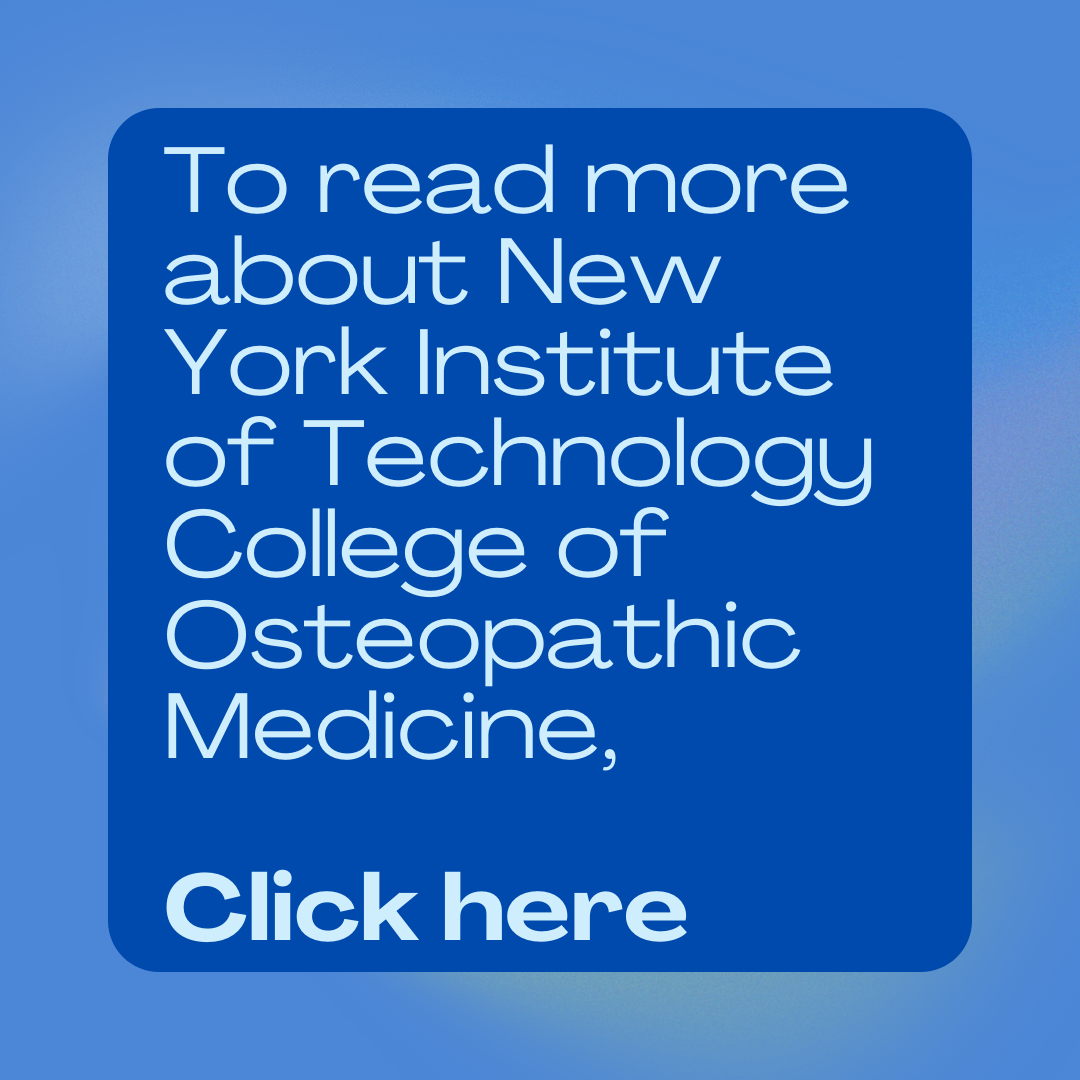Why did you choose to pursue a career in healthcare?
Even though I completed the required/recommended pre-medical coursework as a PNB major at UConn, I was not interested in attending medical school by the time I graduated. It wasn't until I worked in a clinic, under the supervision of physician mentors, that I appreciated just how meaningful a career in medicine could be for me. One specific instance I can recall influencing my decision to apply to medical school was when a patient I saw in the hepatology clinic for a research appointment (my role as a study coordinator was to conduct research protocol-specific assessments with patients enrolled in clinical trials for various forms of liver disease) asked me about what types of foods she should eat and what types of exercise she should partake in. Being borderline obsessed with nutrition and exercise, relatively up to date on the literature, and familiar with her medical history, I deeply wanted to counsel this patient on lifestyle modifications she could apply to improve her health; however, offering medical advice was strictly beyond the scope of my role. These types of encounters cemented my decision to pursue an advanced clinical degree in order to expand my skillset and scope of practice.
What were some meaningful extracurricular activities that you were involved in while at UConn?
Assisting with research as an undergraduate student was by far the most impactful extracurricular I was involved in. The projects I assisted on in the kinesiology department influenced me to pursue a career in research ("rather than medicine" was what I thought at the time). Related to the research involvement, joining a professional organization (American College of Sports Medicine) and attending regional conferences as an undergraduate enabled me to network with clinicians and scientists in the field; conversations with some of these individuals helped guide my career decisions. Being on the UConn cheerleading team gave me an outlet for pure recreation during some of the most challenging semesters I endured at UConn. While this extracurricular did not necessarily influence my decision to go to medical school, it kept me happy, healthy, and humble (I wasn't very good compared to my teammates :)) during my pre-med years. I encourage everyone to make time each week for hobbies that offer that same kind of mental liberation.
What were some challenges you have faced along your healthcare journey so far, and how have you overcome them?
Getting a job in an academic or clinical setting after graduating from UConn in 2015 felt like an insurmountable challenge at the time. Upon moving to Philadelphia that summer, I applied to 10-20 jobs per week; it wasn't until October that I was invited to interview for a part-time position as an academic research assistant at the University of Pennsylvania (through a friend of a friend who put me in contact with one of her professors. This is why networking is important!). In the interim, I was working three jobs (as a personal trainer, bartender, and home health aide) to afford my minimal living expenses. During this period of my life, I struggled with depression, anxiety, and learning to accept rejection that I had not previously experienced to that degree. Though I would never wish to experience it again, that period in my life gifted me with humility and some degree of grit that I may not have developed otherwise. My advice to anyone in this situation (and interestingly, the name of a gym I worked in): Never give up.
What did you do during your growth year(s) and what did you learn?
I worked as a clinical research coordinator for about five years before starting medical school. My responsibilities included enrolling patients into clinical trials, conducting study visits (which often consisted of measuring vital signs, venipuncture for collecting blood samples, administering surveys, performing ECGs, and other assessments), creating and maintaining study documents according to IRB, CFR, and FDA regulations/guidance, writing protocols, manuscripts, and grant applications, and mentoring new research staff. Beyond the technical knowledge of the role, through patient care exposure I learned about disparities in health and health care access across Philadelphia residents. This disturbing observation led me to pursue a master's degree in bioethics while at Penn. These courses offered some of the most thought-provoking discussions I've ever had with professors and classmates alike (some of whom have become life-long friends).
Also, I like how you called this a "growth" year, rather than a "gap" year. Having observed the behaviors of my classmates who have and have not invested time in the workplace/other interests for at least a year before starting medical school, I agree that "growth" is a more accurate way to describe this period in one's career. Specifically, those who have experienced the stress, unpredictability, and responsibilities of working in a health care setting (and many other workplaces) appear to be better equipped to manage the stressors involved in medical training. In my own case, working in the hospital helped develop my mental stamina and emotional resilience, and gave me a realistic sense of what it is like to work as a physician/surgeon.
What are some ways that you take care of your mental health and overall wellbeing?
Exercising! And exercising restraint in comparing myself to others 🙂

